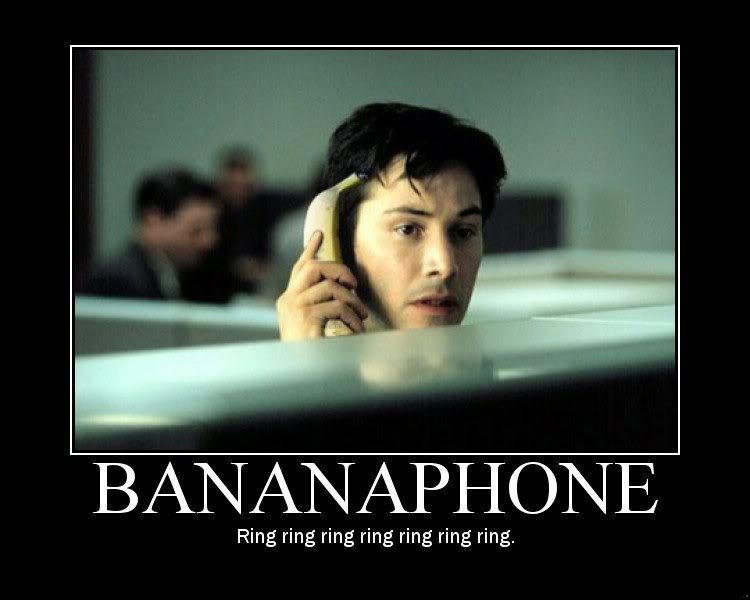The single biggest problem in communication is the illusion that it has taken place.
- George Bernard Shaw

This has been an interesting week, seeing as how I haven't been to the barn really at all except to drop off a payment last week. I rode on Monday to get ready for a lesson last night. Monday was awful, to put it mildly. Yesterday was better, but still pretty bad. Abbey is in what the experts call a funk. What's wrong? Who knows. It could be that she is in heat, and in transitional heat which means more bitch than usual. It could be that she got a new pasture mate last week who didn't work out, and was removed for being an idiot. It could be that normal resistance to learning something new and more difficult. It could be that she's just being four. It could be all of these put together.
All I know, and my trainer has confirmed, is that Abbey is not her normal wonderful self. She is more "lookey" and anxious, and nervous about stuff that normally never bothers her. Monday she was acting like she couldn't understand what the heck I wanted when I asked for a lope. She would launch into a hurried lope, and when I would try to collect her with my spur and reins, she would jerk to a halt. Impressive, except not what I was saying, or trying to say. I chalked that up to me not communicating clearly what I wanted, since I was rusty having missed what felt like months of practice. We argued, and she mostly won. That sucks. But Abbey still knows better. She is normally calm, with nice relaxed gaits that you can rate fairly easily with seat, feet, and hands. Monday she was like a bat out of hell no matter if we were walking, jogging, or loping. Awful.
Tuesday our lesson was better because K had schooled her already. She still was walking to beat the band, so we worked on me learning how to correct that with my spurs (ask twice, tell the third time with a firm whoa and back command, then walk off quietly again). We changed up the bit to a twisted snaffle, pretty skinny, so we could work more on her lateral flexion and getting her neck, poll, and jaw unlocked, and also asking for some tight circles over two logs at a 90 degree angle at the walk and jog. This worked on a physical level as well as mental, because it forces her to pay attention to me, to wait for instruction, and to watch where she is going and work to avoid the obstacles. It helped a little and we ended after getting some better results with that.
It was a frustrating two days, but I know it will get better.
As a side note, K and I went to a ranch horse show on Saturday. I was so excited to see something new and to watch what I was certain would be excellent horse and rider teams. I mean, who would dream of chasing cows around without being a well-oiled team? Apparently a lot of people. It was painful to watch bad riders jerking and spurring what were clearly young and unfinished horses who were barely saddle broke, maybe green broke in the best case scenarios, and definitely not finished except for one or two of them. Most of them were in huge shanked bits that they had no way of yielding to because no one had ever shown them how. There is a lot more to all that cowboy stuff than looking the part, but sadly that is all most of the people there knew how to do. It was just really depressing. The worst part was the trainer that kept telling his clients what a great run they had after patterns where they were never on the correct lead, couldn't tell if it was a turn on the fore or haunches, or even if they were riding a pattern at all, except on that meant spin in crazy circles, jerk the horse's head, speed trot into an off-balance in hand gallop, jerk to a stop, toss head, and jig. What the hell is wrong with people? At least the students have the bad excuse of not knowing any better, but the so-called professional should be horsewhipped. The horses I saw tolerating this kind of poor treatment and misguided riding are truly saints for not dumping their riders and heading for the hills.
I am glad to be learning from someone who emphasizes building a foundation and making progress at a pace that is right for the horse and rider, and doing remedial lessons like I had yesterday to make sure that the lines of communication are open both ways. I wish the best for all those teams, but it would sure help if they were speaking the same language.



